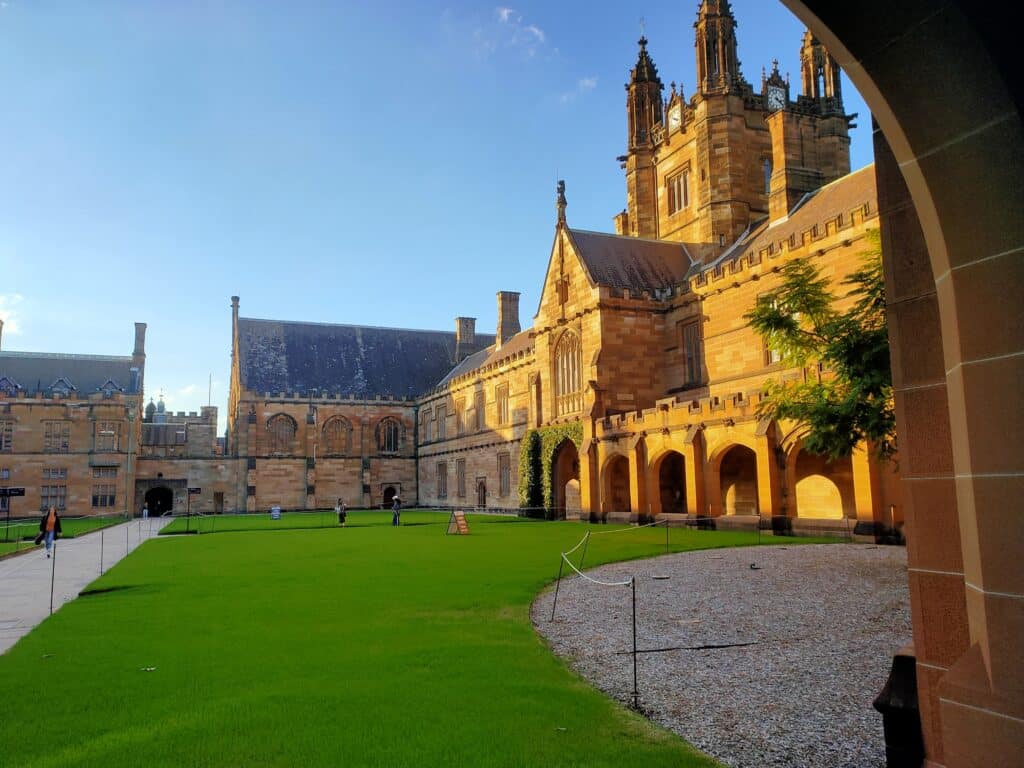Passed in 2020, the Job-ready Graduates package has now been in effect for over a year and continues to be widely criticised for its drastic overhaul of tuition fees. Under the new bill, most humanities degrees have seen an increase of up to 113% in fees. Studying an Arts degree, excluding English or foreign language majors, now costs $14,500 a year.
These increases in humanities, law and business degrees are meant to pay for fee cuts in areas of ‘national priority’ like STEM courses. But universities say money made in humanities degrees will be insufficient to offset reduced STEM fees – considering science courses are more expensive to deliver.

The shuffle-around of Commonwealth vs student contributions to tuition fees breaks the logical link by which they were structured before. Prior to Job-ready Graduates, tuition fees were set proportionally to the wage prospects in a certain field. Thus, medicine and law were most expensive because future doctors and lawyers will be highly-paid. On the other hand, those studying, say, archaeology or art history, would not be saddled with disproportionate debts the way they will be now.
This restructuring to try to provide more incentive to study in more ‘nationally important’ areas is unnecessary and clumsily executed. Studies show interest in the field is the major driver of degree choice, not cost. And job and wage prospects already serve as a natural incentive for students to preference most fields the government has deemed national priority.
Job-ready Graduates also includes cuts to the average student subsidy in general, meaning universities must supply more enrolments to secure $1 million in funding. For example, whereas previously universities would receive $1 million for 91 IT students, they now only need 75.
But it’s the reverse for courses like arts, law and business. Enrolment requirements have risen from 447 to a whopping 990 places for $1 million in funding. Coupled with the higher fees for these courses, this incentivises universities to encourage more enrolments in arts, law and business. The exact opposite of what the government is trying to do.
Job-ready Graduates is part of a concerted attack on universities. Over the last few years we’ve seen wage theft, the dismantling of the Arts department at USYD, broader course cuts, and academics denied JobKeeper. Just this week, USYD students protest the removal of Professor Sebastian Sequoiah-Grayson, who is largely responsible for increasing philosophy enrolments to record numbers in 2021.
Universities have helped Australia out of crises in the past. But COVID seems to have unveiled the weakness of our tertiary system, hobbled by ever-less funding and over-reliance on international student fees. Future governments must not ignore the crucial necessity of reversing recent measures and strengthening our education systems.
Cover photo by Dom Fou on Unsplash.
Follow Maddie’s journalism journey on Twitter.
Sign Up To Our Free Newsletter